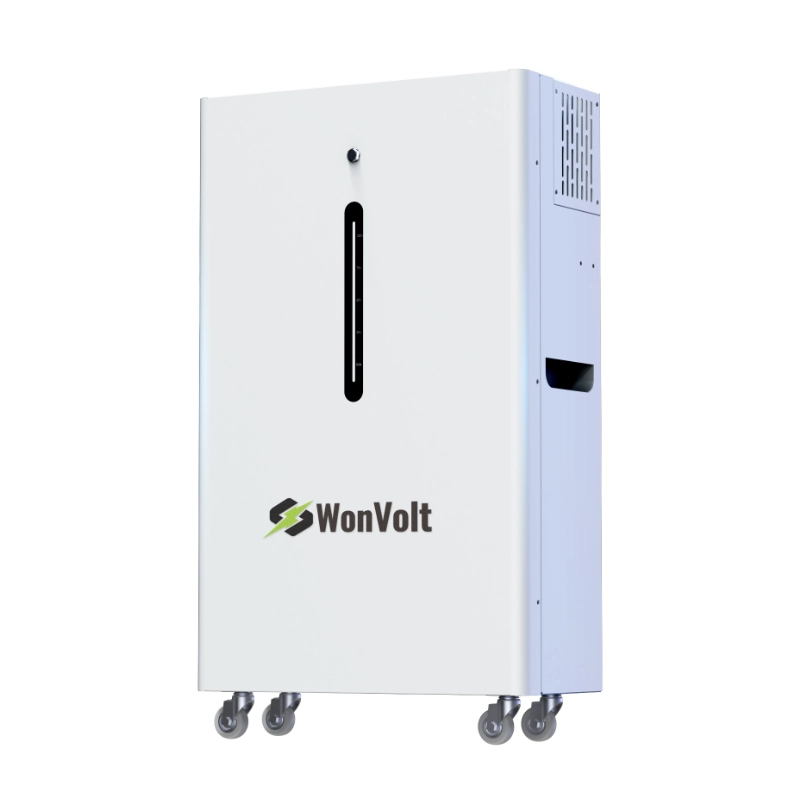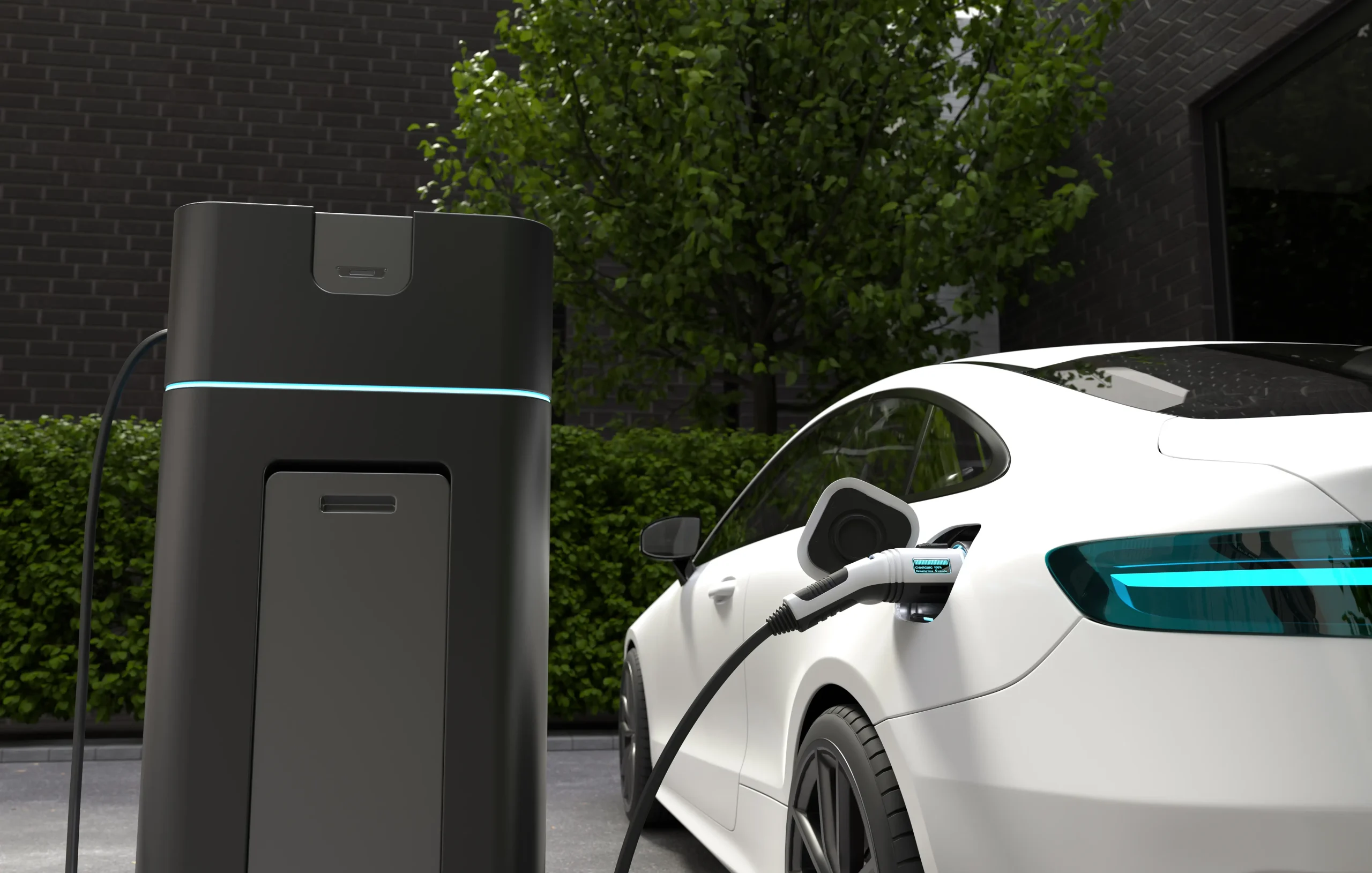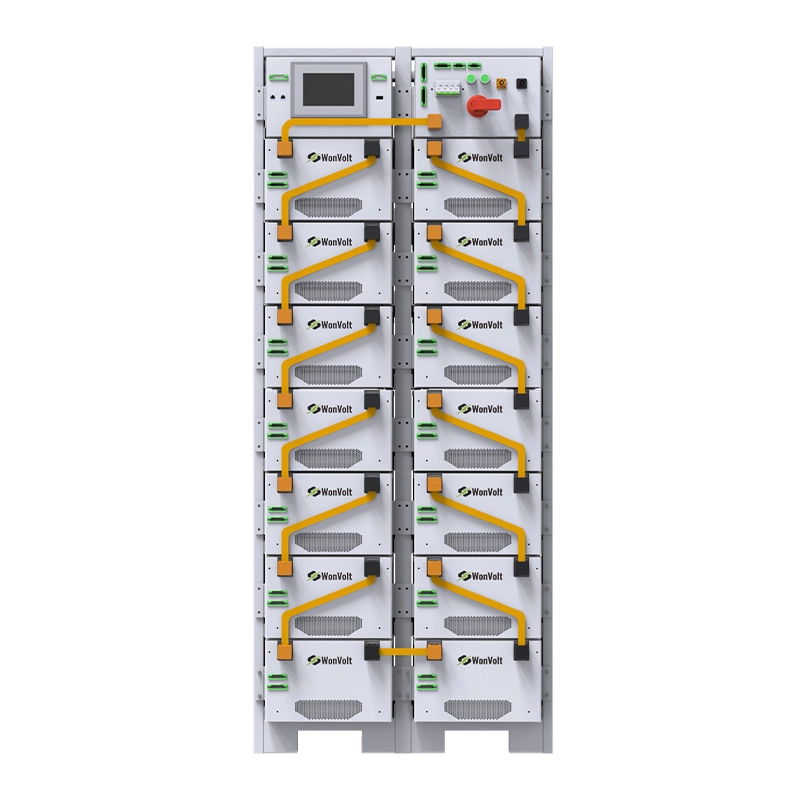Solar adoption requires firms to make significant battery choices. The choice sets system efficiency, safety protocols, and potential cost savings. Highly rated among solar battery companies are Lithium-ion and LiFePO4 (Lithium Iron Phosphate) batteries. Which one is best suited for your business, however?
This guide will de-mystify the battery selection process for commercial or industrial solar power systems.
What is Lithium-Ion and LiFePO4 Batteries
Smart decisions demand solid understanding about what each battery offers. Though both recharge nicely and excel in solar setups, their designs and strengths tell different stories. Let’s examine each type closely to build our comparison foundation.
What Are Lithium-Ion Batteries?
Li-ion batteries are a versatile family of rechargeable power sources. They use lithium materials as electrodes. You’ll see them powering devices, electric cars, and solar panels everywhere. Their ability to pack much energy in small space is the cause of their fame.
They house within them materials like lithium cobalt oxide (LCO), lithium nickel manganese cobalt oxide (NMC), or lithium nickel cobalt aluminum oxide (NCA) in the positive electrode. The cells drive cells shine in high-energy applications, from giant power banks to portable electronics. Their standout quality? Cramming tons of power into compact dimensions, keeping devices running longer between charges.
What Are LiFePO4 Batteries?
LiFePO4 batteries represent a special branch in the lithium-ion family tree. They utilize lithium iron phosphate for their positive electrode. These power sources gain popularity daily in solar energy systems. Their chief strengths lie in rock-solid reliability and impressive longevity.
They pair lithium iron phosphate with graphite negative electrodes. They fit perfectly for solar storage, off-grid applications, and scenarios demanding robust safety profiles and exceptional durability. Their distinctive advantage? They handle heat wonderfully, much like a tireless worker, while enduring countless charge cycles without complaint.
To choose wisely, you must see how these batteries perform in real-world business settings. Let’s stack them against each other across critical factors.
Comparing Lithium-Ion and LiFePO4
Business owners seeking solar battery providers must weigh energy storage capabilities, safety features, lifespan expectations, cost implications, and environmental impacts. These factors determine whether your solar power investment succeeds or disappoints. Below, we break down how lithium-ion compares with LiFePO4 across these crucial areas, helping you find the perfect match for your solar setup.
Energy Storage and Efficiency
Energy storage reflects how much power a battery holds relative to its size and weight. This matters tremendously for space-constrained businesses.
Lithium-ion batteries store more energy in tight spaces. They resemble neatly packed suitcases, fitting perfectly into cramped urban solar installations. Their compact nature saves precious square footage. Meanwhile, LiFePO4 batteries hold slightly less energy per unit. They’re bulkier, like sturdy wooden crates. However, they perform admirably in fixed installations where space constraints don’t matter much.
If your operation needs space-saving, compact solutions, lithium-ion batteries might serve you better. For larger solar projects with ample room, LiFePO4’s slightly reduced efficiency fades beside its other advantages.
Safety and Heat Resistance
Safety concerns rank high when choosing solar battery providers. In industrial environments, overheating creates expensive problems fast. Lithium-ion batteries sometimes overheat dangerously, experiencing “thermal runaway.” This resembles a sudden kitchen fire, creating serious hazards. This risk climbs higher with NMC or LCO materials.
By contrast, LiFePO4 batteries maintain stability even in scorching conditions. Their phosphate-based construction resembles a steady boulder, resisting temperature spikes remarkably well. They rarely catch fire, offering greater peace of mind for hot climates or extensive installations.
For companies operating in warm regions or needing enhanced safety protocols, LiFePO4 batteries deliver unmatched security.
Lifespan and Cycle Count
Battery lifespan directly affects your solar power investment’s value proposition. The comparison below highlights key differences.
Lithium-ion batteries show variable lifespans depending on their chemical makeup. For instance, NMC variants typically outlast LCO types. However, their capacity often fades faster when exposed to heat or frequent deep discharges. LiFePO4 batteries, meanwhile, perform like marathon runners. They handle far more charge cycles, making them ideal choices for businesses seeking reliable, low-maintenance power storage.
When durability tops your priority list, LiFePO4 batteries clearly outshine competitors among solar battery providers. Their impressive longevity ensures consistent performance year after year.
Cost Factors
Cost considerations weigh heavily when selecting batteries from solar battery providers. Lithium-ion batteries typically cost less initially. Their widespread production keeps prices down, similar to finding bargains at popular stores. However, shorter service life often means higher replacement expenses down the road.
LiFePO4 batteries command higher upfront prices. But they save money over time, resembling smart investment properties. Their extended lifespan and minimal maintenance requirements reduce total ownership costs significantly.
If keeping initial expenses low matters most, lithium-ion batteries might appeal more. For long-term savings seekers, LiFePO4 often proves wiser financially.
Environmental Effects
Sustainability matters increasingly for businesses embracing solar power. Traditional lithium-ion batteries frequently contain cobalt and nickel. Mining these elements can harm ecosystems, leaving lasting scars on landscapes. Ethical concerns persist as well. Recycling processes continue improving but remain challenging overall.
LiFePO4 batteries offer greater eco-friendliness. They avoid problematic metals, representing a cleaner approach to energy storage. They also recycle more easily, supporting green business initiatives better.
If your company values environmental stewardship, LiFePO4 batteries present a more sustainable choice by far.
About WonVolt: A Reliable Solar Battery Provider
Since its founding in 2016, WonVolt has grown into a trusted name in solar energy. WonVolt crafts dependable battery energy storage systems and solar panels for homes, businesses, and industries. Their LiFePO4 batteries stand out for their long life, safety, and eco-friendly design, offering up to 6,000 cycles for lasting performance.
FAQs About Solar Battery Suppliers
Business owners frequently ask questions when evaluating solar battery providers. Here are straightforward answers to common queries, designed to provide clarity quickly.
Q1: How long do lithium-ion and LiFePO4 batteries last?
A: LiFePO4 batteries typically survive 2,000–6,000 cycles or 10–15 years of service. Lithium-ion batteries generally last 500–2,000 cycles or roughly 5–10 years. Actual performance varies based on usage patterns and specific battery formulations.
Q2: Are LiFePO4 batteries safer than lithium-ion batteries?
A: Yes, LiFePO4 batteries offer superior safety profiles. Their stable phosphate chemistry acts like a protective shield, dramatically reducing overheating risks and fire hazards compared to standard lithium-ion alternatives.
Q3: Which battery saves more money over time?
A: LiFePO4 batteries demand higher initial investment. However, their extended service life and reduced maintenance needs make them more economical long-term, similar to buying quality tools that last decades.
Q4: Can both batteries work in off-grid solar systems?
A: Yes, both lithium-ion and LiFePO4 batteries function effectively in off-grid solar installations. Many professionals prefer LiFePO4 for remote locations due to exceptional durability and enhanced safety characteristics.
Q5: Which battery performs better in hot climates?
A: LiFePO4 batteries handle heat significantly better. Their temperature-resistant design works like built-in air conditioning, substantially lowering safety risks in warm operating environments.
Call to Action: Power Your Business with the Right Choice
Selecting between LiFePO4 batteries and lithium-ion batteries will only depend on your specific business requirements. Consider available space, safety specifications, budget limits, and environmental goals carefully. Opting for reliable solar battery suppliers ensures getting top-notch power cells made exclusively for your solar energy system. Ready to move forward with confidence? Get in touch with WonVolt today. Get tailored solutions made to boost efficiency while promoting sustainability in your business operations.




